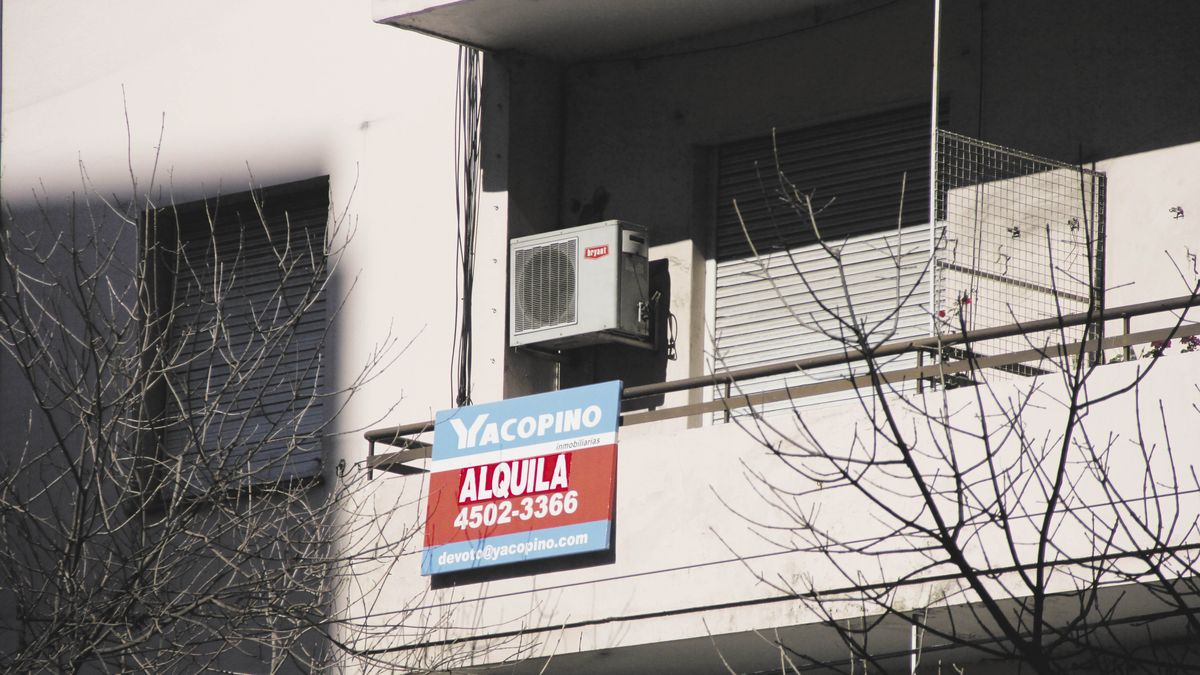Like many markets, the housing rental market is basically driven by supply and demand, so to think that the situation of tenants is going to improve by including more obstacles and taxes, or by implementing measures against landlords, it is just as wrong as thinking of fining tenants for not renting.
Owners have had a low incentive to place their properties for rent for years.
The reality is that they face a distorted market – with rents in pesos versus the dollar valuation of those properties – and what they obtain is a low rate of return that averages around 3% before taxes.
PAG24-RENT-Ignacio Petunchi 02.jpg
With the evictions suspended due to the pandemic, a new rental law that extended the duration of the contracts to 3 years with a single annual adjustment – and within an inflationary context close to 50% per year -, there is a great lack of interest on the part of the rentier owners to offer their properties on sale.
The drop in remuneration is at historical levels, so much of that inventory went on to be for sale, or, at least, to be offered under modalities of shorter or temporary periods, in which the values can be updated. more quickly so as not to cause so much delay in rent.
This situation of shortage of supply is the one that must be resolved with incentives and not with punishments, because otherwise what is going to be generated is a new drop in the number of units on offer and the consequent aggravation of the problem that the tenants.
With previous measures in which all the costs of the lease were passed on to the owners and in which the fees of the real estate agents were also regulated, many firms stopped serving this business unit as it was of little relevance to them.
In consolidated cities of Europe, or in squares in which the volume of construction that our country has is not registered, – in particular that of the AMBA -, and in which the inventory of real estate in urban centers is almost a fixed number, it could think about measures like the ones you want to implement.
But here it would be much smarter to stimulate the appearance of new supply, granting tax incentives – and not penalties – to investment in real estate that is intended for rental; implementing contracts with shorter durations and with adjustments in shorter periods – thus avoiding the anticipated increase that owners establish today to ensure greater coverage and increase list values -, in addition to regulating the eviction of those who fail to comply with payments in order to minimize the risks, time and costs of litigation.
In short, all these comments are intended to contribute to the understanding that the only way to help tenants find a greater rental offer, and that this increase in units leads to a drop in prices, is to STIMULATE SUPPLY, and not the opposite.
Director of Interwin.
Source: Ambito




